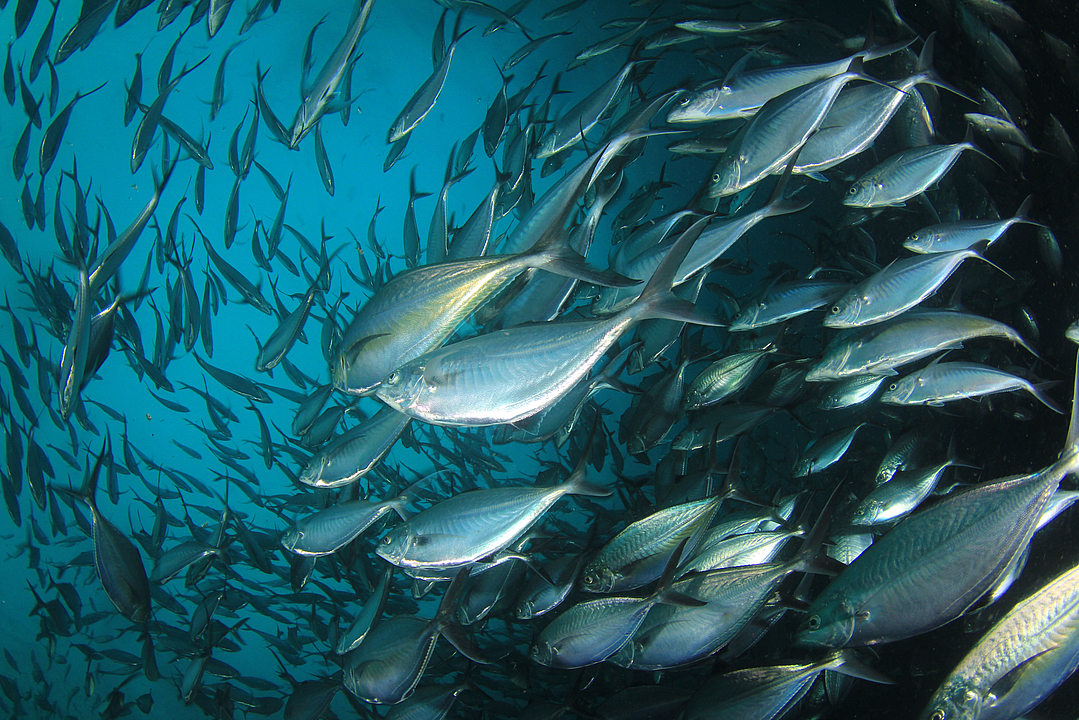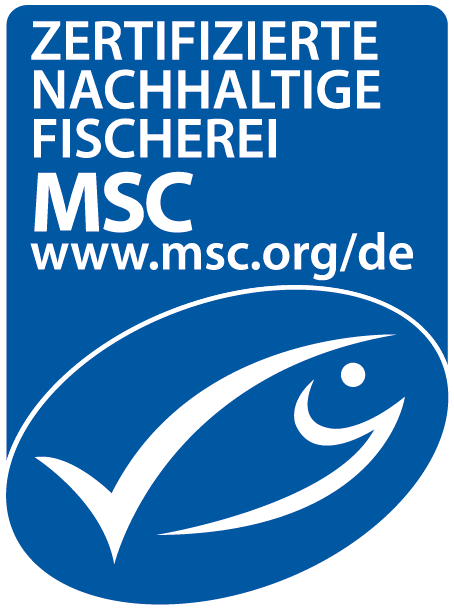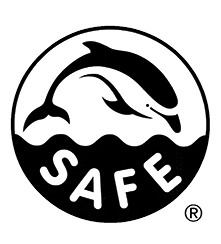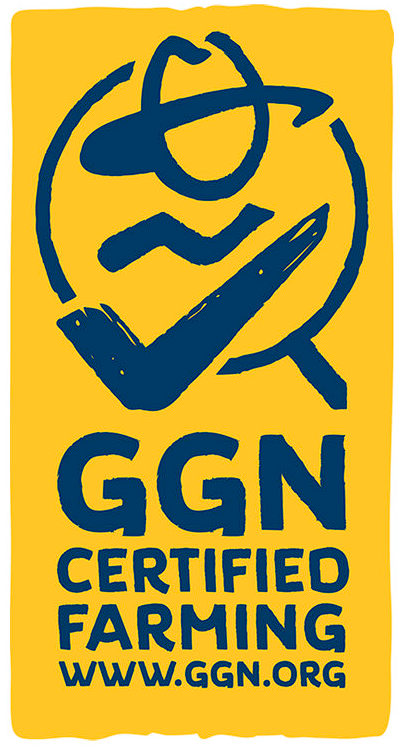
Fish
Relevance and scope
Along with the growing number of inhabitants of this planet, fish consumption is also increasing. As a result, millions of fishing vessels are deployed every day, some of them using precarious fishing methods. In recent years, this has reduced fish stocks to a minimum of only 20 per cent. The raw material fish and the associated seafood suffer considerably from illegal and unregulated IUU fishing (pirate fishing). The legal provisions and regulations in this area are far too distant and imprecisely worded to put a stop to illegal fishing. Another consequence is the destruction of biodiversity in the oceans, which includes the disappearance of many unique species. If we do not act more sustainably in this area in future, the oceans will become barren in a few years' time.
The ZHG would also like to promote the sustainable use of fish and seafood as a resource. The following statements apply to all items under the jurisdiction of the ZHG that contain fish and seafood in any form in the recipe.

MSC
MSC is the acronym for "Marine Stewardship Council", whose seal stands for a state-owned, social community for the environment. The organisation is committed to the protection of the oceans and the corresponding resources.
Goods labelled with the MSC seal indicate that their fish components can only be traced back to fisheries that have been proven to operate sustainably.

ASC
The ASC - "Aquaculture Stewardship Council" - is an autonomous non-profit organisation that was established in 2010 by the WWF, among others. The main focus of the ASC is on trustworthy, well-managed fish farming and thus sustainable aquaculture.
Its logo makes it clear that goods labelled with it are evaluated according to criteria such as environmental protection and social conditions in a society and therefore represent a sustainable reference point for consumers.

Dolphin Safe
The Dolphin Safe seal is part of the International Marine Mammal Project of the "Earth Island Institute" charity. It is committed to ensuring that no dolphins are endangered, threatened or even killed in any way during tuna fishing.
The reason for this is that huge schools of tuna swimming in the sea are very frequently accompanied by large groups of dolphins, which are endangered or even killed if the wrong, unauthorised fishing methods are used. If a tinned tuna has the following seal, it contributes to the protection of dolphins.

Global Gap
The GGN label stands for certified, responsible agriculture and transparency. The label can be found on farmed seafood, fruit and vegetables, flowers and plants and offers consumers a quick and reliable way to identify products that meet their values.
For farmed seafood, the GGN label can be used for a wide range of aquatic species, from salmon to seaweed. In stores, it can be found both on packaged products and at the fresh fish counter. Products with the GGN label come from production processes that have been certified according to the GLOBALG.A.P. standards for responsible aquaculture with its strict criteria on food safety, animal welfare, worker welfare, environmental protection and supply chain traceability.
Measures
Short term
Dolphin Safe: all tinned tuna is currently Dolphin Safe-certified.
Exclusion of endangered/threatened fish species: the ZHG stipulates that products based on fish species on the WWF's "Red List" must not be included in the product range.
Medium term
ASC: the objective is to examine the use of antibiotics in the future and also to include any environmentally harmful aspects that may occur in aquaculture and that are also linked to a certain extent.
Corresponding framework conditions are already being defined in laboratory tests to monitor and control the use of antibiotics. In future, we will endeavour to continue to procure all fish and seafood from aquaculture only if it has ASC certification.
MSC: in future, we also aim to procure all wild fish only if it is MSC-certified, which means achieving 100 per cent certification for all fish and corresponding seafood products.
